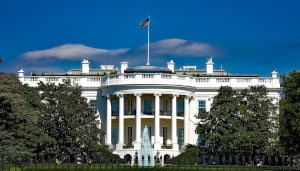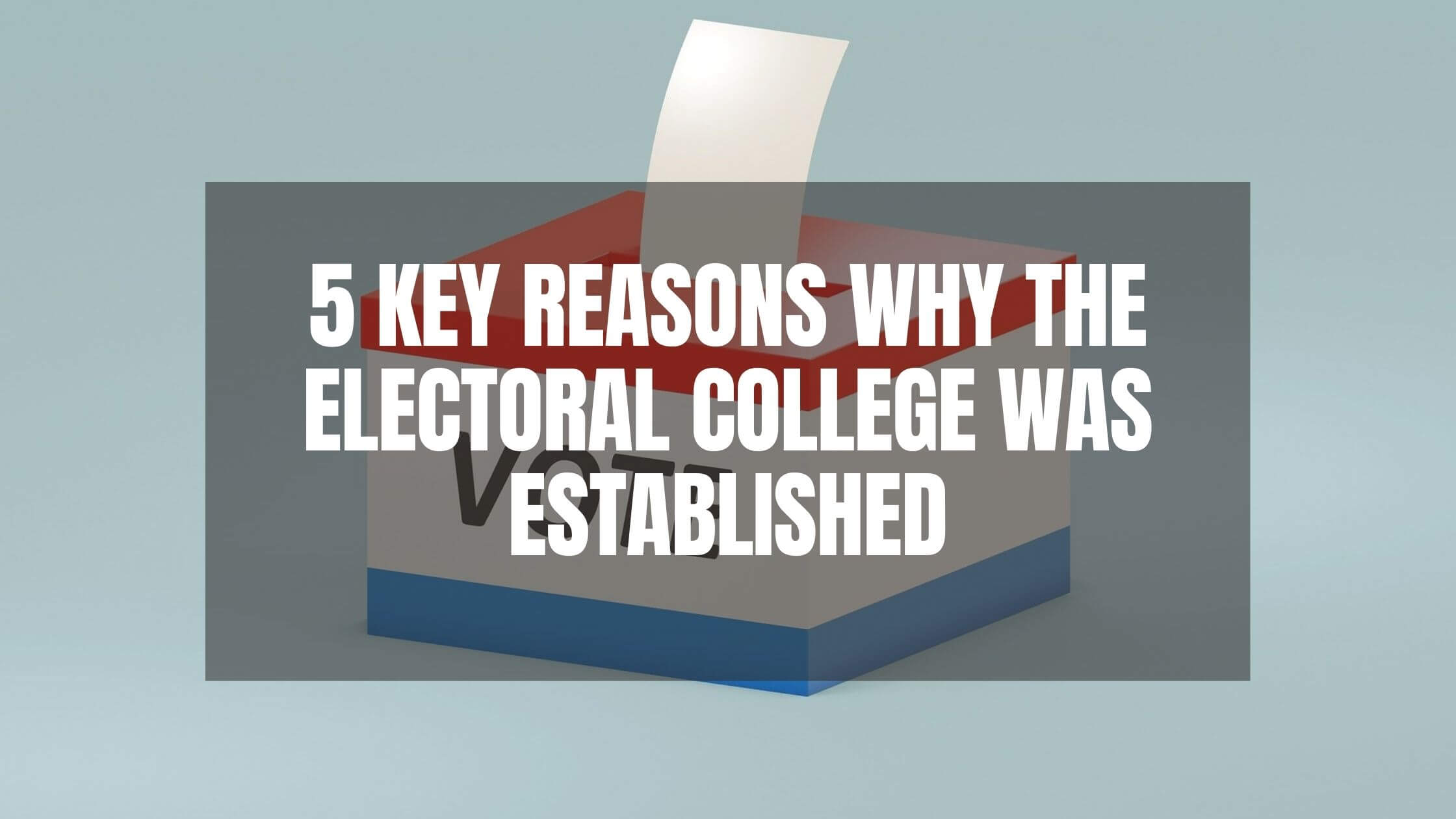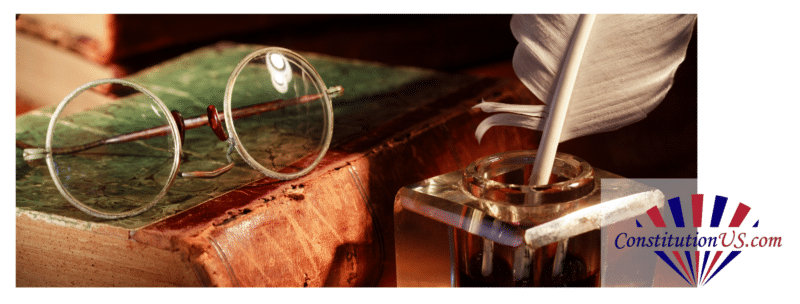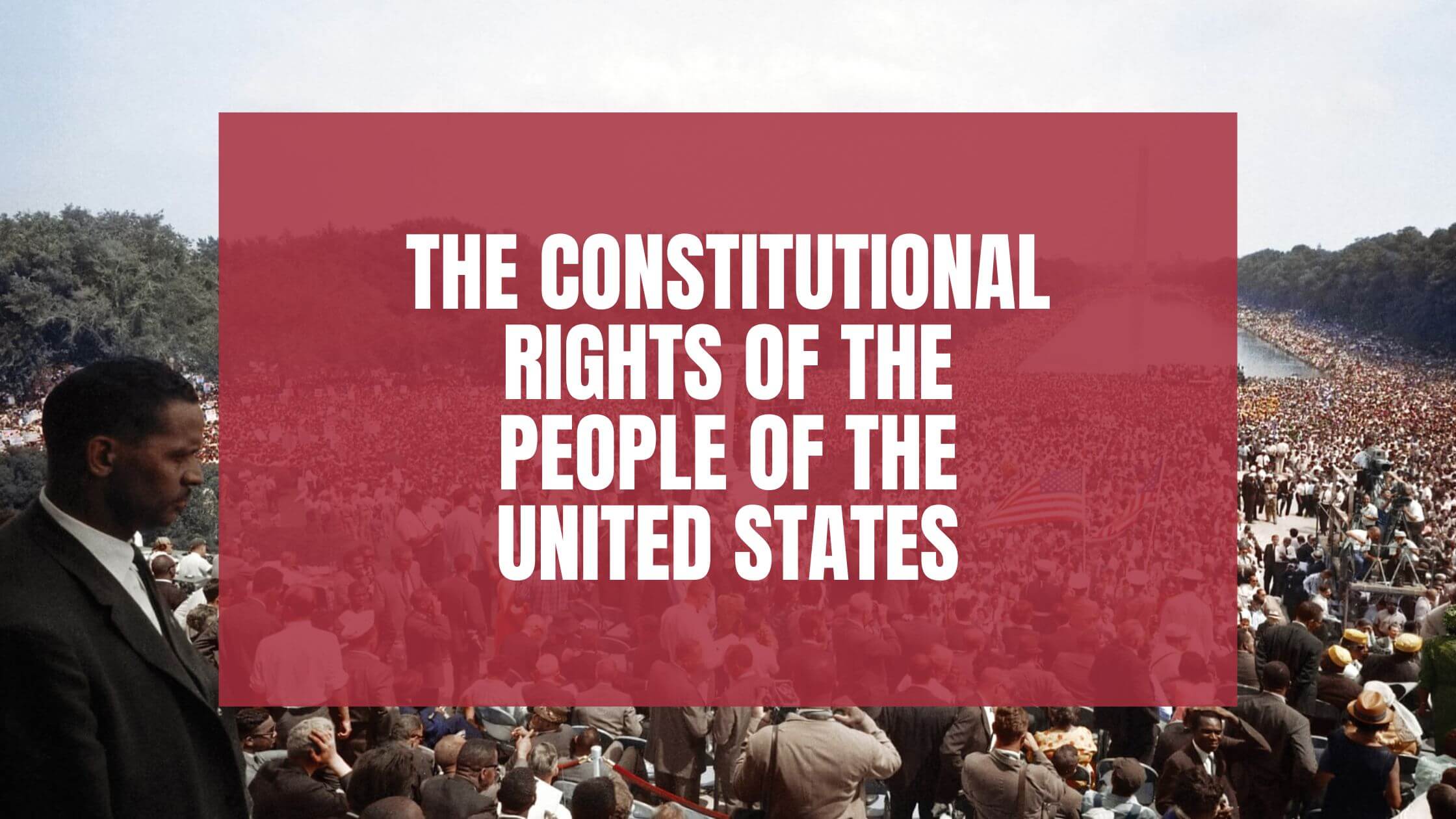Table of Contents
ToggleReasons Behind Formation of Electoral College
The framers of the United States Constitution established a compromise in the supreme law when laying the foundation of their new country. The Electoral College provided a compromise option that restrained the election of a president by nationwide vote or appointment by Congress. This sets it apart from the rest of the world’s electoral systems, particularly since all the other elections in the US apply the popular format.
The present format of the Electoral College comprises 538 electors. The Electoral College vote sees the election of the President and the Vice President for a four-year term. To win the presidency, you must get a simple majority of votes from the electors. Every state receives an allocation of electors equivalent to the number of representatives in both houses.
If you have been wondering why the Electoral College was created in the first place, you have come to the right place. This article will discuss the key reasons behind the formation of the Electoral College. Read on to find out.
To Guarantee the Rights of the Minority so that the Principle of Equal Protection Lasts
One of the critical roles of the Electoral College is that it ensures the best interests of the minority groups are safeguarded in every election. It provides every community an opportunity to determine the right course of action for the country during the electioneering period. The Electoral College anticipates the selected electors to cast votes in resemblance to the people’s will. Even though it restrains the popular vote majority from having ultimate control over the results of an election, the candidate declared the winner must gather a minimum of 270 electoral votes to win the White House race.

Although the leading candidates in the 2016 presidential election overlooked the states where they believed there was no chance of success, the results demonstrated that every state is flippable given an opportunity.
To Make the US a Two-Party System
Even though some people are uncomfortable with a two-party system, the Electoral College offers voters an opportunity to initiate changes every four years. This process impedes the other arms of the government from deciding who to be elected as the next president. It backs non-radical ideas since extreme views don’t always amount to specific votes in nearly all election years. In this way, ordinary people feel like the government supports them in earnest ways.
To Eliminate the Need for a 50% Vote Majority to Create an Electoral Majority
This was the case in the 2016 presidential election where Donald Trump lost the popular vote but went on to win the Electoral College. This sparked a heated debate among the voters and political analysts, with some calling for its abolition.

Also worth noting is that there were some presidential elections in the US where no candidate garnered 50% of the total vote, prompting the Electoral College to demonstrate people’s will on that Election day.
Bill Clinton was the main beneficiary of the Electoral College on both occasions. During the 1992 election, when he contested against the incumbent George H.W. Bush, Bill Clinton only garnered 43% of the majority vote. Also, when seeking his re-election, he secured 49.2 % of the nationwide vote, which is 0.8% short of the majority vote.
To Eliminate the Potential of a Nationwide Recount
For an election outcome to qualify for an automatic recount, the difference between the two candidates must be 0.5% and below. In the US presidential elections history, there would have been six elections that have met this threshold, with three of them happening past 1960.
In addition, there have been five elections where the ultimate president lost the popular vote but went on to win the Electoral College. Conducting a nationwide recount would be in excess of $1 billion, which is not always budgeted for. Abiding by the Electoral College allows for the use of elector voters as should be the case rather than depending on tallying individual votes.
To Make it Easier for Candidates to Campaign
For instance, if you’re a Democrat candidate running for the presidency, you don’t have to deplete your resources on states that are traditionally Republican and vice versa.

The fact that specific states and their electoral votes are in the basket of one particular candidate or another makes it pretty easier and more affordable for candidates to campaign seamlessly. This affords them time and resources to commit their efforts to the swing states. Electoral College proponents warn that abolishing it would make US presidential elections extremely expensive than they are today, heightening what some perceive as America’s campaign finance trouble.
Wrapping Up
As you can see, the United States’ founding fathers had logical reasons for establishing the Electoral College system. Although not short of controversies, the Electoral College is perceived as a good ideology for American politics.

Get Smarter on US News, History, and the Constitution
Join the thousands of fellow patriots who rely on our 5-minute newsletter to stay informed on the key events and trends that shaped our nation's past and continue to shape its present.












One Response
The only thing that I would like to see about the Electoral College is to do what the States of Maine and Nebraska break the vote along congressional district lines and not winner take all. It is a good and fairer system. It can be done by legislation in each state.